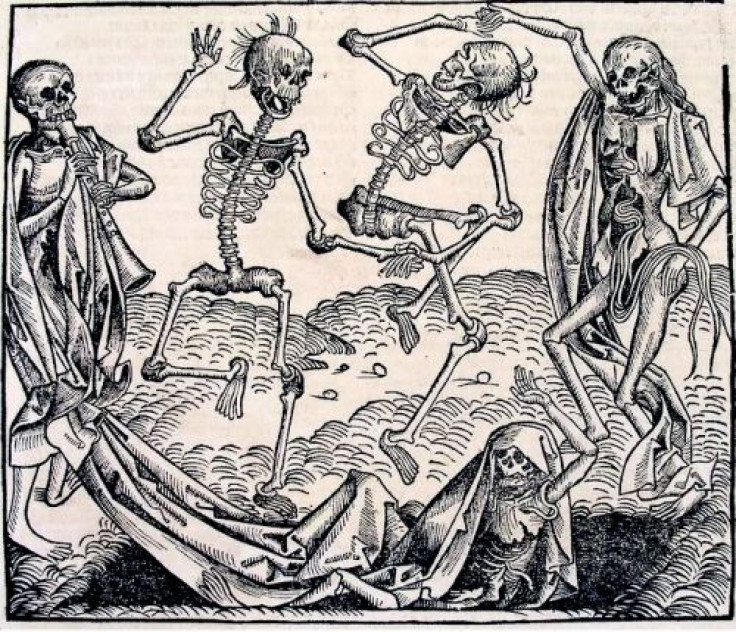Black Death Genome Fully Sequenced: Breakthrough in Ancient Plague Knowledge

Researchers have made a breakthrough in knowledge about the evolution plagues, successfully sequencing the entire genome of the so-called Black Death, or bubonic plague which killed 50 million Europeans in four years in the Middle Ages.
"The genomic data show that this bacterial strain, or variant, is the ancestor of all modern plagues we have today worldwide. Every outbreak across the globe today stems from a descendant of the medieval plague," said Hendrik Poinar, a geneticist at McMaster University who was part of the team that undertook the genome reconstruction. The results were published in the scientific journal Nature.
"With a better understanding of the evolution of this deadly pathogen, we are entering a new era of research into infectious disease,” he said.
"Using the same methodology, it should now be possible to study the genomes of all sorts of historic pathogens," adds Johannes Krause of the University of Tubingen, who is also one of the lead authors of the study. "This will provide us with direct insights into the evolution of human pathogens and historical pandemics."
The result marks the first time scientists have been able to draft a reconstructed genome of any ancient pathogen. Researchers will be able to track changes in the pathogen’s evolution and virulence over time.
The researchers previously said that a specific variant of the Yersinia pestis bacterium was responsible for the plague, which killed millions between 1347 and 1351.
Direct descendants of the bubonic plague kill about 2,000 people each year.
"We found that in 660 years of evolution as a human pathogen, there have been relatively few changes in the genome of the ancient organism, but those changes, however small, may or may not account for the noted increased virulence of the bug that ravaged Europe," says Poinar. "The next step is to determine why this was so deadly."



























